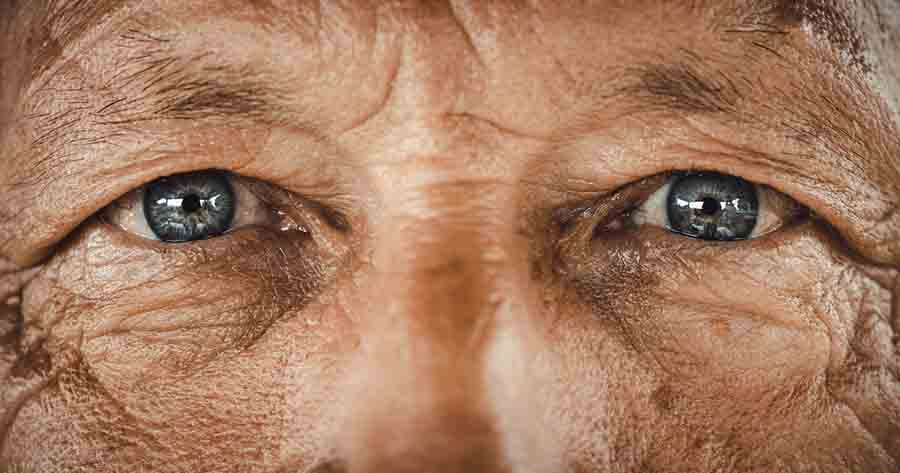Diabetes is serious, not just because people with poor glycaemic control feel awful but because of the range and seriousness of the complications. The risk of developing many complications, particularly those affecting eyes, nerves and kidneys is reduced by maintaining good glycaemic control. It is well recognised that by using only oral hypoglycaemic agents and lifestyle modification many people do not achieve or maintain good glycaemic control (Turner et al, 1999).
Realising this, in 2006 the main European and US (European Association for the Study of Diabetes/American Diabetes Association) diabetes organisations got together and proposed a treatment algorithm which suggested using metformin at diagnosis and using insulin as one of the options for intensification if HbA1c remained above 7% (Nathan et al, 2006). But insulin is still not used as early as it should be and it seems that sometimes patients and healthcare professionals collude to avoid using it. This situation is termed psychological insulin resistance (PIR) and applies to patients and healthcare professionals in equal amounts. Among patients there is a common perception that starting insulin is an indication of failure (Peyrot et al, 2005).
So how do we overcome these barriers? Firstly, by knowing insulin works; and that, from the UKPDS, it has known vascular benefits (UK Prospective Diabetes Study Group, 1998). Secondly, modern insulins are very flexible and remarkably safe. For many people it is easy to start with one injection a day of either a premix or a basal insulin. Several studies have shown that patients, given a simple blood-glucose based titration regimen, can achieve good glycaemic control with minimal risk of hypoglycaemic episodes and do as well as patients who are directed by healthcare professionals to change their insulin doses (Davies et al, 2005; Garber et al, 2006). Initiating insulin is like learning to swim. Skill brings confidence and you wonder what all the fuss was about!





Su Down looks back on a year of change and achievement.
17 Dec 2024